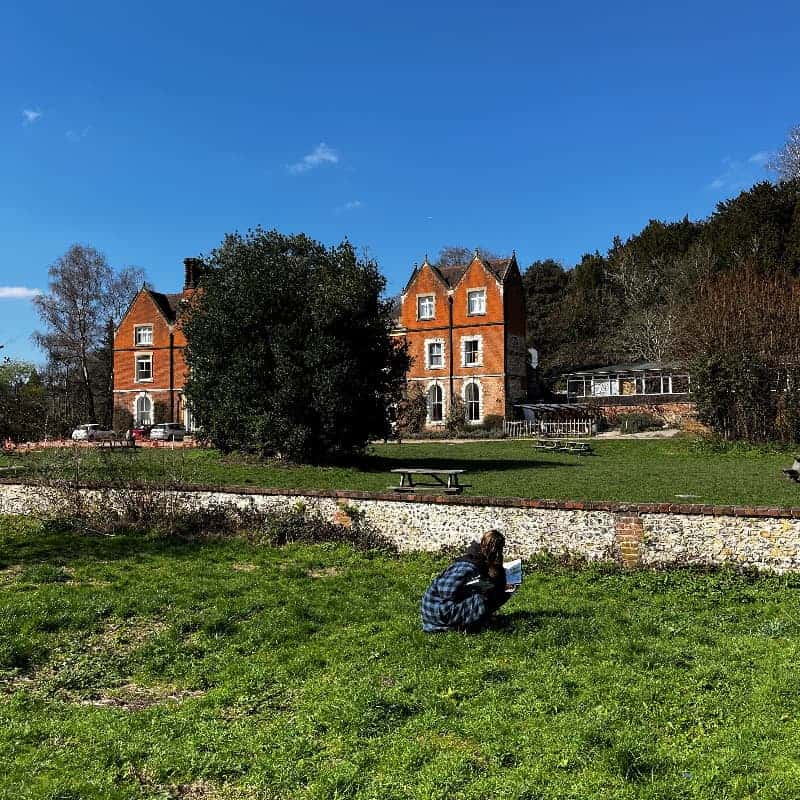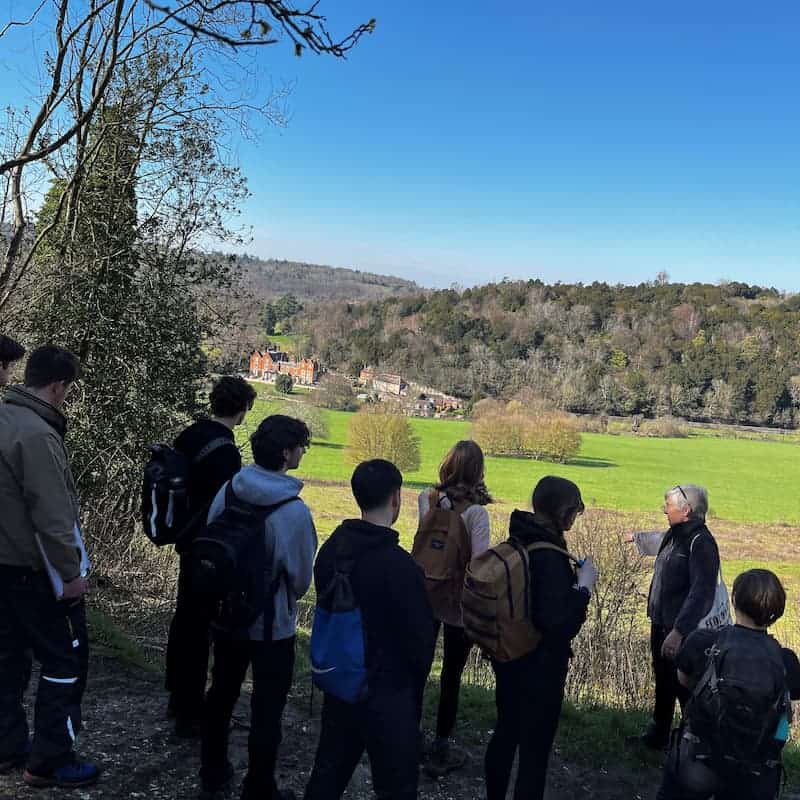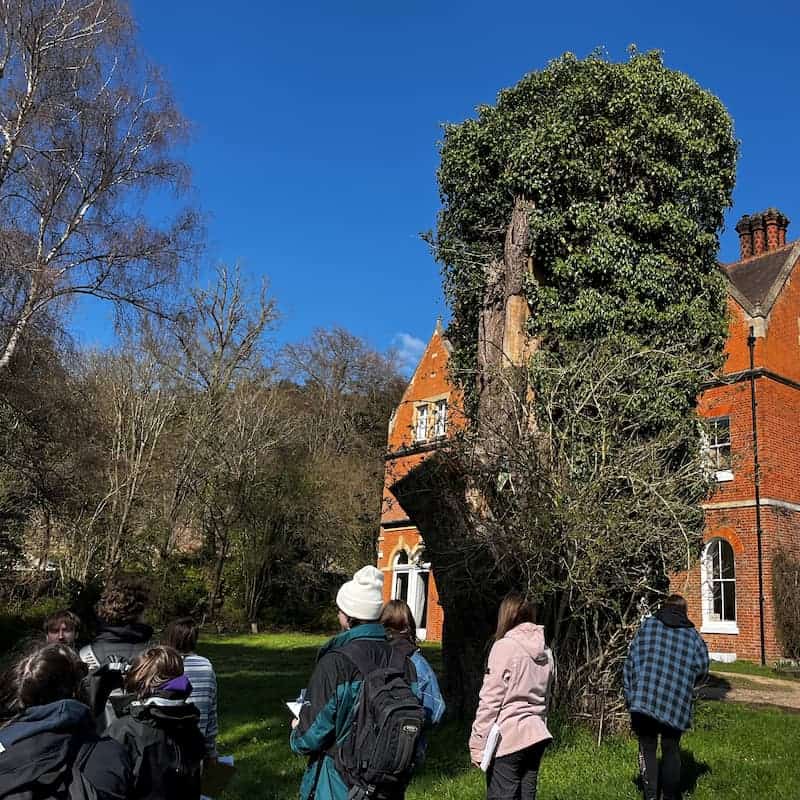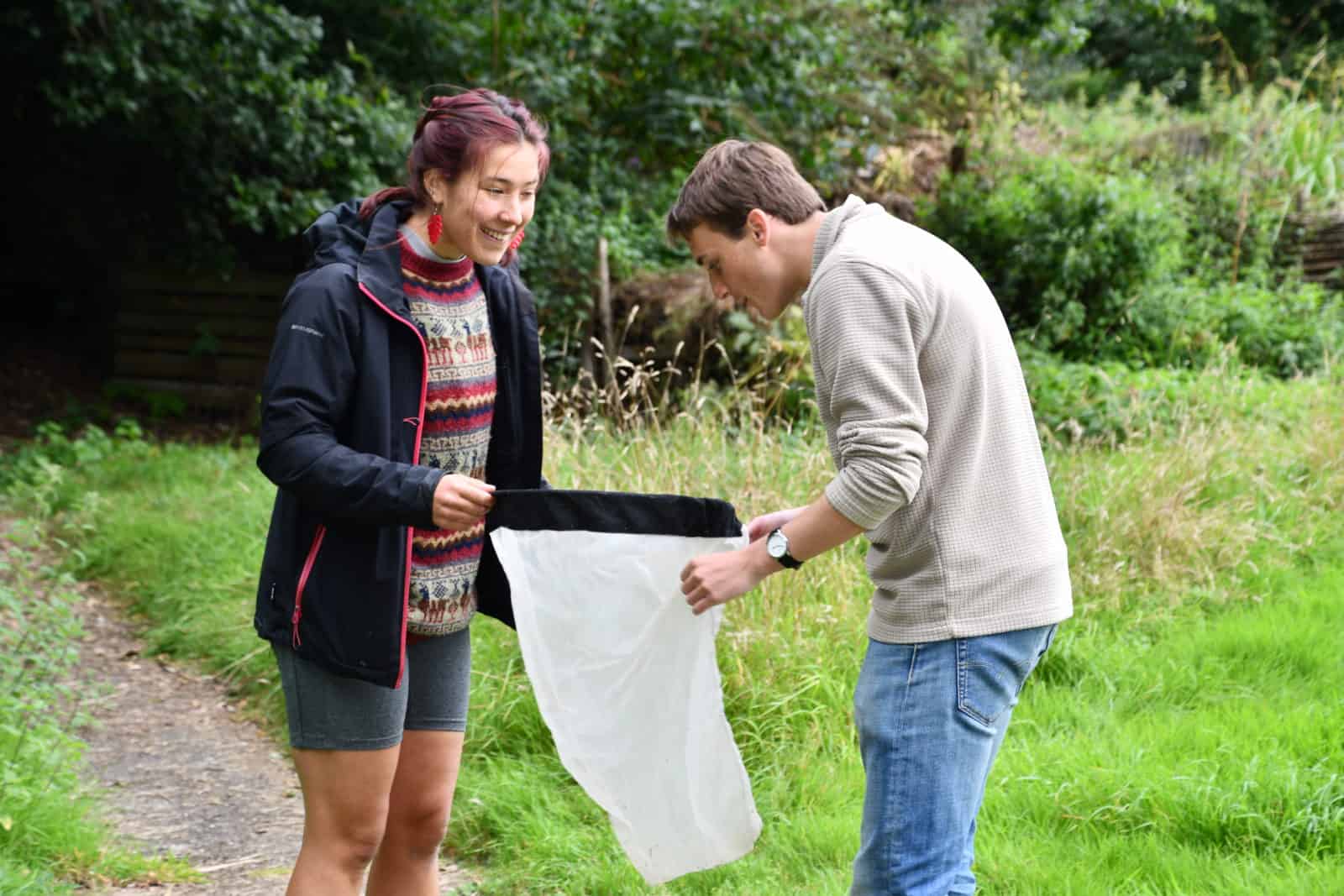This immersive 3-day course will equip students of ecology and related disciplines with a firm grounding in key applied biodiversity skills required for entry level environmental consultancy positions.
The content of the course is aimed at university students studying ecology and associated disciplines. They will have prior knowledge of botanical identification and an academic grounding in terrestrial ecology but not the practical experience of floral and faunal ecological survey techniques and their professional applications.



Read More
This course is traditionally commissioned through universities who wish to integrate this skill-building experience within a related course of study or module.
The course will introduce learners to site assessment techniques focusing specifically on vegetation and protected animal species. Through a range of interactive workshops, students will be coached to apply their fieldwork experiences to the creation of industry standard ecological consultancy reports.
Example Timetable
Day 1: Habitat Mapping – Introduction to the importance of ecological survey skills
Learners will be introduced to the relevance of botanical identification and ecological survey skills to professions in conservation and explore industry standards.
There will be basic coverage of Phase 1 habitat survey, including how it works and how it compares to UKHab and NVC. Learners will then undertake a field visit to practice mapping of all habitat types, creating target notes of important ecological features and listing plant species present. Where applicable, courses will also cover looking for habitats of faunal species and spotting their tracks and signs.
Back in the classroom learners will be supported to create a survey map. This will follow on to a discussion of Biodiversity Net Gain as a habitat audit tool and how it differs in its approach to mapping and information gathering.
Day 2: Protected Species – Protected animals, licenses and survey techniques
Learners will be introduced to key protected species that are commonly encountered during development projects in the UK i.e., badgers, otters, water voles, bats, dormice, great crested newts, nesting birds and reptiles.
They will cover the basic ecology, survey techniques, field signs and protection. They will gain an awareness of how to obtain protected animal licenses and where to gain survey experience. They will also spend time outdoors doing an initial site assessment for animal signs and explore some protected species survey techniques relevant to the site. This could include evening bat surveys, emergence surveys or practice transect surveys.
Day 3: Ecological Report Writing
The day will cover why ecological reports are needed and who they are for. Includes desk study resources, content of a typical report and an example report will be presented. Learners will start to write a report of the Phase 1 site from Day 1 to include what Phase 2 surveys may be needed, mitigation and site enhancements.
What’s included
- Expert Tuition
- Free Wi-Fi
- Full Board Accommodation
- Hot and Cold Drinks
- Engaging training delivered by expert ecological consultant tutors
- Rigorous health and safety procedures including 24-hour emergency cover
- Full board accommodation including a cooked breakfast, lunch, and an evening meal
- All activities and transport during the course
Before you attend
A full kit list will be sent to you prior to the course.

